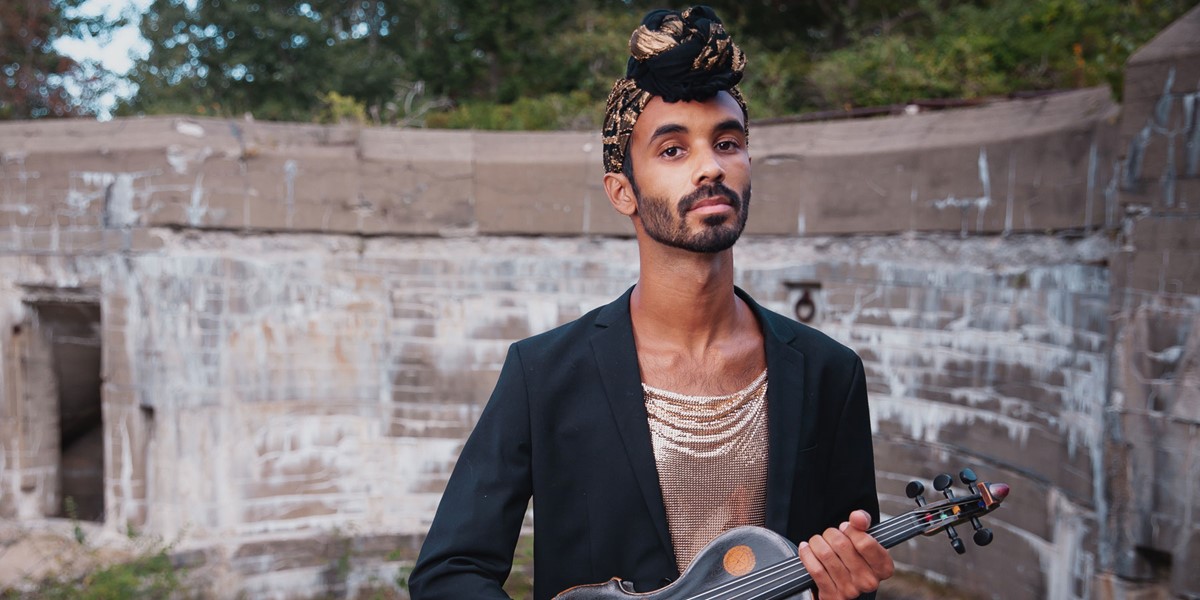Thursday, November 24, 2022
Jake Blount interview: “I wanted to find a way to represent our traditions while also looking forward”
American banjo and fiddle player Jake Blount explains to Alexandra Petropoulos how he’s using the sounds and lessons of history and the global climate crisis to envision a new future for Black spiritual music

Jake Blount (photo: Tadin Brego)

Register now to continue reading

Thanks for visiting the Songlines website, your guide to an extraordinary world of music and culture. Sign up for a free account now to enjoy:
- Free access to 2 subscriber-only articles and album reviews every month
- Unlimited access to our news and awards pages
- Our regular email newsletters

